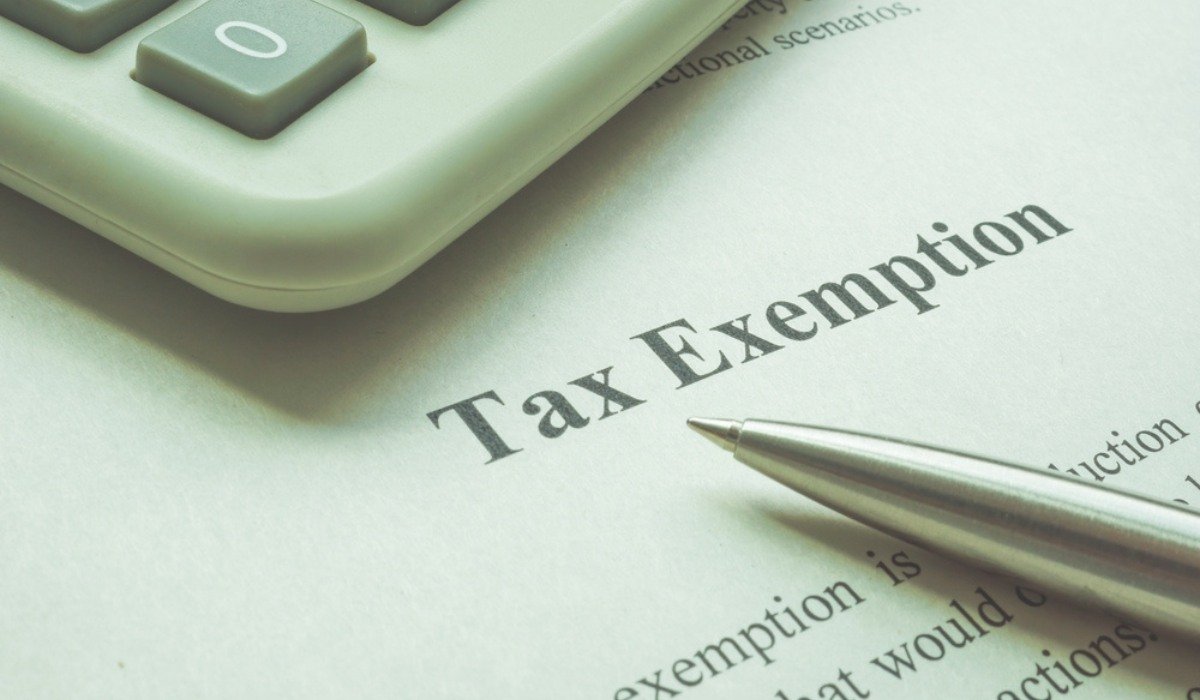Each investment decision is primarily influenced by the rate of return and the level of risk. Those who prefer minimal risk over high returns typically choose fixed deposits (FDs). They are inevitably among the safest bets but, predictably, offer low returns. The interest earned on FD is taxable; however, you can claim a fixed deposit income tax exemption as a shareholder. It is based on the amount stored in an FD under section 80C.
See also: Section 80CCD of Income Tax Act
Fixed deposit income tax exemption: What is it?
A Tax-Saving FD is a fixed deposit that allows an individual to demand a tax exemption. The exemption is under Section 80C of the IT Act. These deposits can be made in two ways: single-holder type deposits and joint-holder type deposits.
The tax incentive is only accessible to the first person if it is a joint holding. It has a 5-year maturity period. Individuals and Hindu Undivided Families (HUFs) can claim a deduction under Section 80C.
Fixed deposit income tax exemption: Working of tax saving fixed deposits
- It is a financing facility provided by banks and NBFCs in which you make a payment for a set period.
- It has a 5-year term.
- It comes with a lock-in period, which means you cannot withdraw prematurely.
- The rate of return on deposits is taxed.
- When a Tax-Saving FD matures, the maturity amount is credited to the Savings Account linked with the FD.
Fixed deposit income tax exemption: Who should consider getting a tax saving FD?
Before making any financial decision, consider your age, risk tolerance, and investment horizon.
- You have been nearing retirement age and have limited risk tolerance.
Tax Saving FD is a good option for you because it offers both fixed returns and low risk. You can compare Tax Saving FD interest rates and select the best fitting your investment needs.
- You need to save taxes.
You can save taxes by claiming a fixed deposit income tax exemption under Section 80 C.
Fixed deposit income tax exemption: Advantages of a tax-saving FD
The tax-saving FD is an excellent financial tool that ensures significant savings at a reasonable interest rate. It is a financial institution’s investment monitored closely by the RBI. Therefore, it is considered the safest and lowest-risk investment. Fixed deposits are easily repayable with interest when they reach maturity. Other advantages of FDs include the following:
- FDs pay higher interest rates than standard Savings Accounts.
- In FDs, there is just a one-time deposit.
- The amount of the FD can be adjusted to suit the investor’s needs.
- Except for cooperative and rural banks, investors may invest in these FDs through private or public sector banks.
- Fixed deposits at post offices can be transferred from one to another.
- The nominee can be appointed either at the time of the investment or later.
- Loans against tax-saving FDs are available at lower interest rates.
- Users can make just one lump sum deposit into a tax-saving FD. It is a good feature when you have a sizable surplus of savings.
- The minimum period of eligibility for tax advantages is five years. It can, however, be stretched for a longer period of time.
Fixed deposit income tax exemption: How much money should one put into the tax-saving FD scheme?
It’s time to calculate the annualised interest rate on your investment. It is where a Tax Saving FD Calculator comes in handy. It also assists you in determining how much money you will need to invest. A Tax Saving FD Calculator is accessible online and is provided by banks to their customers. You can use it to compare interest rates and choose the one that gives the most guaranteed returns.
However, manually trying to calculate the maturity amount of your FD can take time and effort. To obtain an answer from a Tax Saving FD Calculator, you will need to provide precise information. This information will include the principal sum, the annual interest rate, and the tenure.
FAQs
How much FD is exempt from taxes?
The bank cannot deduct any TDS from your interest income from all of your FDs with that bank if it is less than Rs 40,000 in a given year. For senior citizens 60 years of age and older, the cap is Rs 50,000.
Is a fixed deposit exempt from taxes?
You can obtain assured returns by making an investment in a fixed deposit. You can borrow money against your fixed deposit when you need it in addition to being able to claim the tax exemption for fixed deposits under Section 80C of the Income Tax Act.
Housing News Desk is the news desk of leading online real estate portal, Housing.com. Housing News Desk focuses on a variety of topics such as real estate laws, taxes, current news, property trends, home loans, rentals, décor, green homes, home improvement, etc. The main objective of the news desk, is to cover the real estate sector from the perspective of providing information that is useful to the end-user.
Facebook: https://www.facebook.com/housing.com/
Twitter: https://twitter.com/Housing
Email: [email protected]











